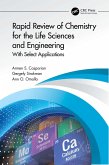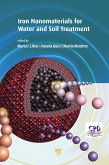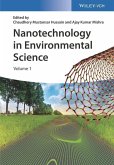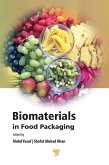Water Chemistry provides students with the tools needed to understand the processes that control the chemical species present in waters of both natural and engineered systems. After providing basic information about water and its chemical composition in environmental systems, the text covers theoretical concepts key to solving water chemistry problems.
Water Chemistry emphasizes that both equilibrium and kinetic processes are important in aquatic systems. The content focuses not only on inorganic constituents but also on natural and anthropogenic organic chemicals in water. This new edition of
Water Chemistry also features updated discussions of photochemistry, chlorine and disinfectants, geochemical controls on chemical composition, trace metals, nutrients, and oxygen. Quantitative equilibrium and kinetic problems related to acid-base chemistry, complexation, solubility, oxidation/reduction reactions, sorption, and the fate and reactions of organic chemicals are solved using mathematical, graphical, and computational tools. Examples show the application of theory and demonstrate how to solve problems using algebraic, graphical, and up-to-date computer-based techniques. Additional web material provides advanced content.
Dieser Download kann aus rechtlichen Gründen nur mit Rechnungsadresse in A, B, BG, CY, CZ, D, DK, EW, E, FIN, F, GR, HR, H, IRL, I, LT, L, LR, M, NL, PL, P, R, S, SLO, SK ausgeliefert werden.









